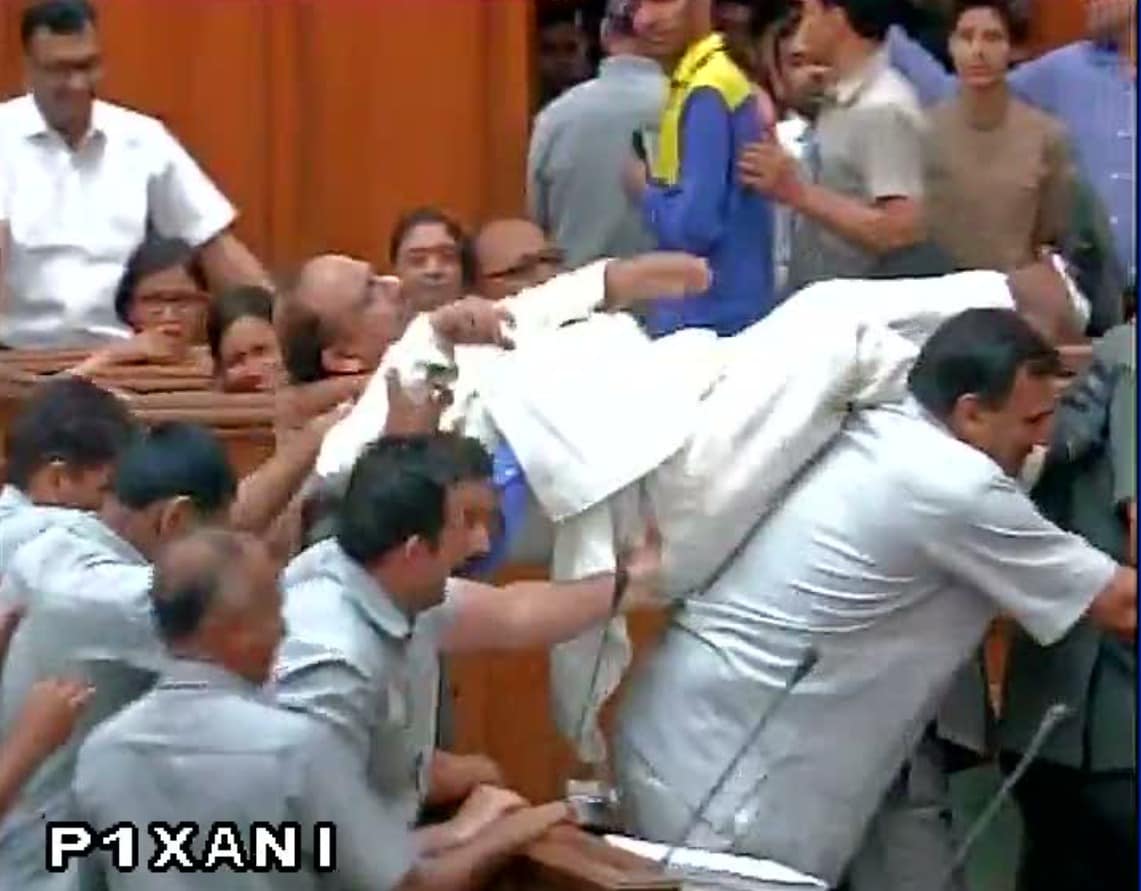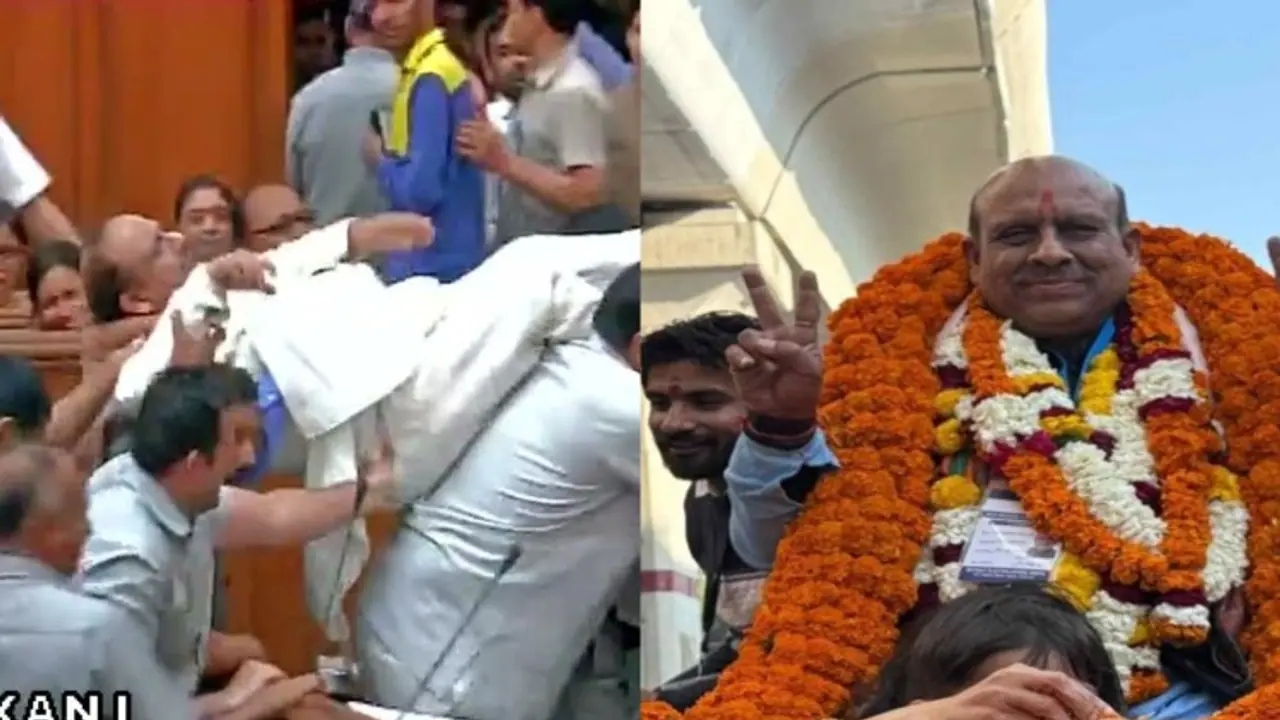Once dragged out of the Delhi Assembly, Vijender Gupta is now its Speaker, as the BJP returns to power after 27 years. Having survived AAP’s dominance, his priority is tabling CAG reports and ensuring smooth Assembly proceedings in his new role.
Vijender Gupta was once forcibly removed from the Delhi Assembly during AAP’s rule. Now, in a twist of fate, the BJP's return to power after 27 years has propelled him to the Speaker's chair.

The shifting political landscape
Gupta's appointment comes at a time when key AAP leaders, including former Speaker Ram Niwas Goel and Arvind Kejriwal, are no longer part of the Delhi Assembly. Having survived the AAP wave in 2015 and 2020, Gupta now presides over the very House from which he was once forcibly removed.

<!--%3Cscript%20async%20src%3D%22https%3A%2F%2Fplatform.twitter.com%2Fwidgets.js%22%20charset%3D%22utf-8%22%3E%3C%2Fscript%3E-->
A veteran leader with deep political roots
Belonging to the Baniya community, Vijender Gupta secured his third consecutive win in the Rohini Assembly seat, defeating AAP’s Pradeep Mittal by over 37,000 votes. A seasoned politician, Gupta has previously served as:
- Leader of the Opposition in the Assembly
- Delhi BJP unit president
- Councillor in the Municipal Corporation of Delhi (MCD) since 1997
His appointment as Speaker follows the BJP’s landslide victory in the 2025 Delhi elections, marking a new chapter in his political journey.
Also read: Will new Delhi CM Rekha Gupta stay in 'Sheesh Mahal'? Her quick response (WATCH)
Setting priorities as Speaker
Gupta has already outlined his top priority—tabling the 12 pending CAG (Comptroller and Auditor General) reports that allegedly expose key details of the AAP’s governance. Speaking to The Indian Express, he stated, "The people of Delhi will finally see the hidden truth of AAP’s rule."
Additionally, he has vowed to ensure the smooth and efficient functioning of the Assembly, in contrast to the chaotic past.
A journey of resilience and comebacks
Born on August 14, 1963, Vijender Gupta graduated from Shri Ram College of Commerce. His political career began in 1980 with the Janata Vidyarthi Morcha, and by 1995, he had risen to become the president of the BJP’s youth wing.
His first electoral success came in 1997 when he became an MCD councillor. However, setbacks followed—he lost to Congress leader Kapil Sibal in the 2009 Lok Sabha elections and suffered defeat against Arvind Kejriwal in the 2013 Delhi Assembly polls.
Despite these losses, Gupta bounced back in 2015, securing the Rohini seat as one of only three BJP winners amid AAP’s massive sweep. He retained his seat in 2020 and 2025, further solidifying his influence, particularly among Delhi’s trader community.
Now, as Assembly Speaker, Gupta moves from resisting authority to holding it, marking a remarkable turnaround in his political career.
Also read: Vijender Gupta likely to take over as Delhi Speaker, Mohan Singh Bisht as Deputy; Reports
